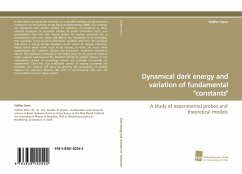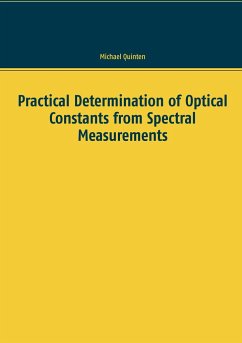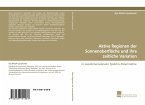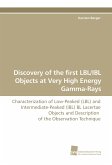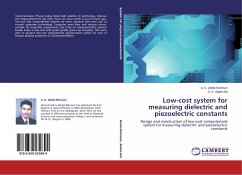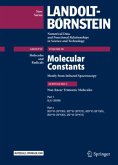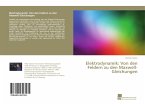In this thesis we study the influence of a possible variation of fundamental "constants" on the process of Big Bang Nucleosynthesis (BBN). Our findings are combined with further studies on variations of constants in other physical processes to constrain models of grand unification (GUT) and quintessence. We find that recent studies of varying constants are in contradiction with each other and BBN in the framework of six exemplary GUT scenarios, if one assumes monotonic variation with time. We conclude that there is strong tension between recent claims of varying constants, hence either some claims have to be revised, or there are much more sophisticated GUT relations (and/or non-monotonic variations) realized in nature. The methods introduced in this thesis prove to be powerful tools to probe regimes well beyond the Standard Model of particle physics or the concordance model of cosmology, which are currently inaccessible by experiments. Once the first irrefutable proofs of varying constants are available, our method will allow for probing the consistency of models beyond the standard theories like GUT or quintessence and also the compatibility between these models.
Bitte wählen Sie Ihr Anliegen aus.
Rechnungen
Retourenschein anfordern
Bestellstatus
Storno

